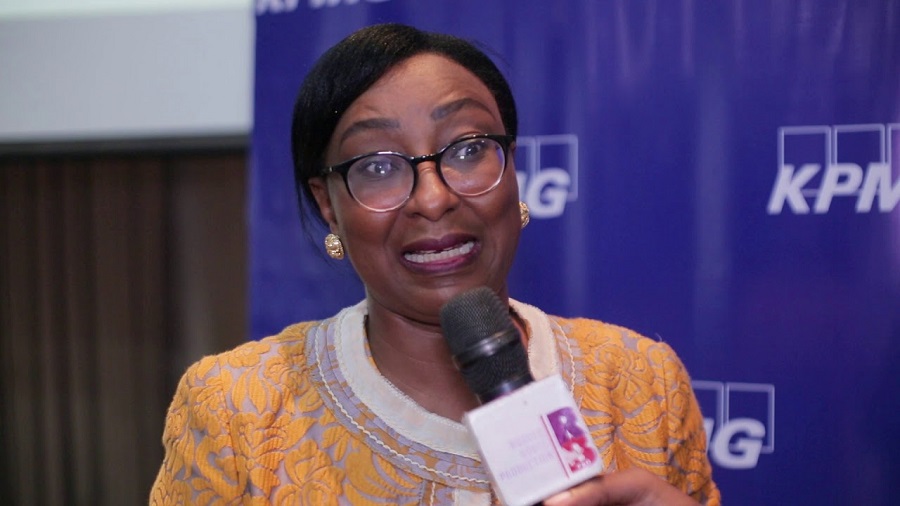The Executive Director, Nigeria Sovereign Investment Authority (NSIA), Stella Ojekwe-Onyejeli, announced in a virtual briefing to newsmen on Friday that the NSIA recorded a Total Comprehensive Income (TCI) of N36.1 5 billion in 2019.
She revealed that the 2019 income was less than the TCI for 2018, which was N44.34 billion. However, the NSIA recorded an increase in total assets to N649.84 billion at the end of the financial year, as opposed to that of 2018 which closed at N617.70 billion.
Ms Ojekwe-Onyejeli said that TCI income for 2019 included foreign exchange gains at N1.26 billion compared to N18.05 billion in 2018, noting that the gain in forex was due to changes in Nigeria’s official exchange rate from N305 to a dollar to N325.
READ MORE: IMF expects Nigeria’s GDP to shrink by 5.4% in 2020
“As of year-end 2019, NSIA’s core capital remained at 1.5 billion dollars.” She said. “The Authority continues to manage 3rd party funds on behalf of some government institutions. We currently manage funds for the Debt Management Office (DMO) and the Ministry of Finance.
“For DMO, the current value of Assets under Management (AuM) is 124.03 million dollars. For 2018, this fund stood at 122.60 million dollars in AuM.
“For the Nigeria Stabilisation Fund, managed on behalf of the Ministry of Finance, the Fund Balance was N33.365 billion. As of 2018, this balance increased to N20.814 billion.”
“However, the National Economic Council voted for an additional capital contribution of 250 million dollars in 2019, which was received on April 8,” she explained.
READ ALSO: NSIA completes payment of $417 million to NBET Plc
She added that the group’s strategy to invest in diversified products across the yield curve provided returns and that the Stabilisation Fund (SF), which had been fully invested by the end of 2019, returned 5.81%, outperforming its benchmark by 381 basis points.
She also stated that the Future Generations Fund (FGF), deployed by the NSIA across multiple global equities, hedge funds and other diversifiers, returned 6.45% at the end of 2019, outperforming its benchmark of 6.43%.
“As of year-end 2019, we had deployed over 90 percent of the capital in the Future Generations Fund,” she said.
















.gif)






